Microsoft remains the most-spoofed brand for the second quarter in a row
Malicious use of the tech giant's brand increased by 24% in the last quarter of 2020, according to Check Point


Microsoft ended 2020 as the brand most frequently targeted by cyber criminals, with 43% of all brand phishing attempts related to the tech giant in Q4.
This was a 24% increase from the third quarter of the year, which saw 19% of all attempts linked to the tech giant, according to Check Point research.
The attempts are from criminals looking to steal personal information or payment credentials by impersonating well-known brands that are likely to be used by the employee and their organisation.
The technology industry was the most likely to be targeted by 'brand phishing', according to Check Point, closely followed by retail and shipping. Across October, November and, December, Microsoft was the brand most often imitated by hackers.

"Criminals increased their attempts in Q4 2020 to steal peoples personal data by impersonating leading brands, and our data clearly shows how they change their phishing tactics to increase their chances of success," said Maya Horowitz, director, threat intelligence and research, products at Check Point.
"As always, we encourage users to be cautious when divulging personal data and credentials to business applications, and to think twice before opening email attachments or links, especially emails that claim to from companies, such as Microsoft or Google, that are most likely to be impersonated."
Shipping firm DHL was the second most-spoofed brand for the end of 2020, as criminals sought to take advantage of the significantly higher number of shoppers placing their orders online. Many of these attacks involved delivery failure notices, asking the target to pay a nominal fee to arrange a new delivery.
Get the ITPro daily newsletter
Sign up today and you will receive a free copy of our Future Focus 2025 report - the leading guidance on AI, cybersecurity and other IT challenges as per 700+ senior executives
Google actually came 7th on the list with only 2% of all brand-related phishing in its name. Amazon ended the year in fourth with 5% while LinkedIn, a Microsoft-owned platform, was third with 6%.
IT Pro has approached Microsoft as the findings will be of huge concern to the tech giant, especially as phishing attempts in its name have doubled over a sixth month period.
Bobby Hellard is ITPro's Reviews Editor and has worked on CloudPro and ChannelPro since 2018. In his time at ITPro, Bobby has covered stories for all the major technology companies, such as Apple, Microsoft, Amazon and Facebook, and regularly attends industry-leading events such as AWS Re:Invent and Google Cloud Next.
Bobby mainly covers hardware reviews, but you will also recognize him as the face of many of our video reviews of laptops and smartphones.
-
 Cleo attack victim list grows as Hertz confirms customer data stolen
Cleo attack victim list grows as Hertz confirms customer data stolenNews Hertz has confirmed it suffered a data breach as a result of the Cleo zero-day vulnerability in late 2024, with the car rental giant warning that customer data was stolen.
By Ross Kelly
-
 Lateral moves in tech: Why leaders should support employee mobility
Lateral moves in tech: Why leaders should support employee mobilityIn-depth Encouraging staff to switch roles can have long-term benefits for skills in the tech sector
By Keri Allan
-
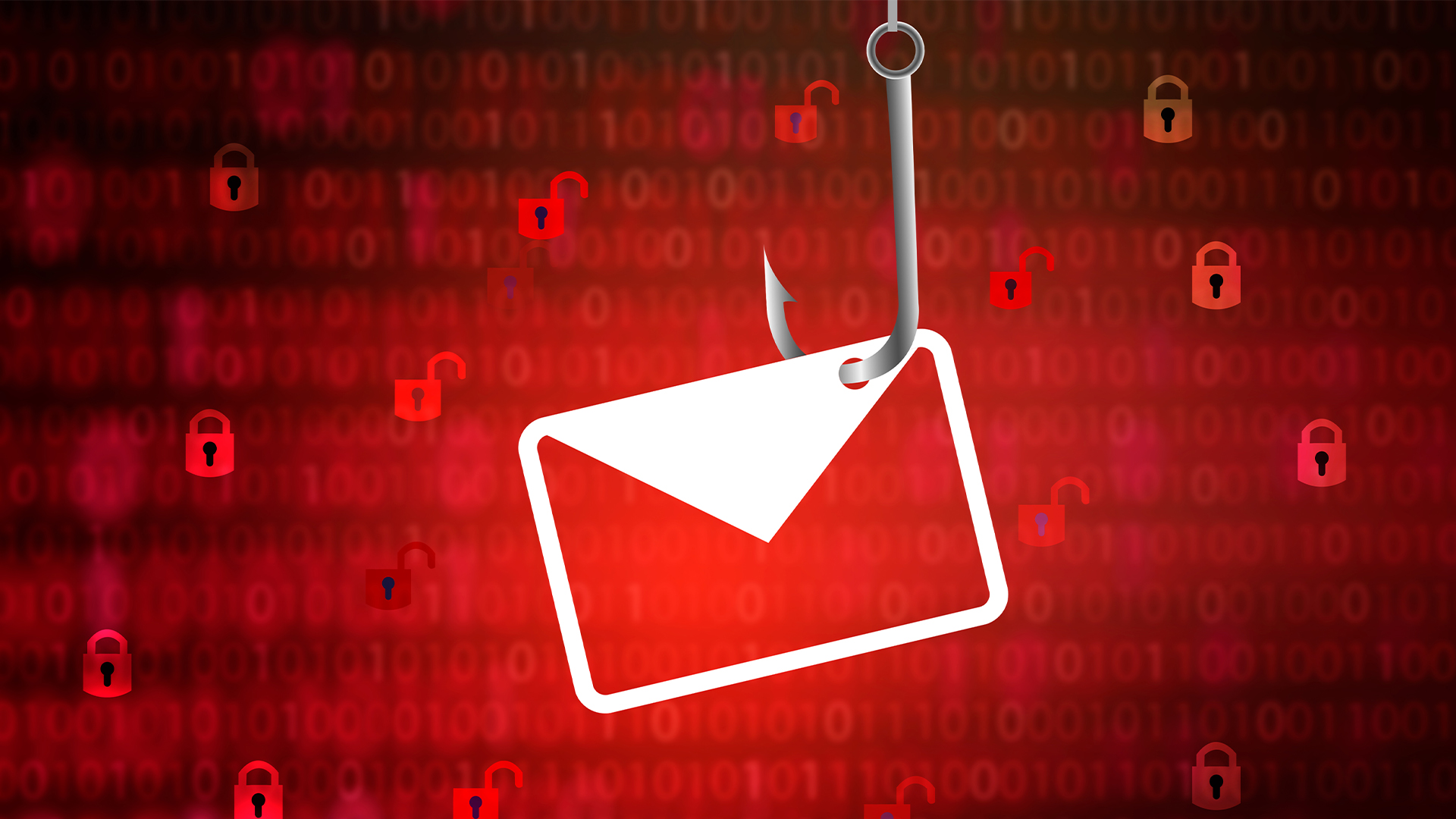 Have I Been Pwned owner Troy Hunt’s mailing list compromised in phishing attack
Have I Been Pwned owner Troy Hunt’s mailing list compromised in phishing attackTroy Hunt, the security blogger behind data-breach site Have I Been Pwned, has fallen victim to a phishing attack targeting his email subscriber list.
By Jane McCallion
-
 LinkedIn has become a prime hunting ground for cyber criminals – here’s what you need to know
LinkedIn has become a prime hunting ground for cyber criminals – here’s what you need to knowNews Cyber criminals are flocking to LinkedIn to conduct social engineering campaigns, research shows.
By Solomon Klappholz
-
 Phishing campaign targets developers with fake CrowdStrike job offers
Phishing campaign targets developers with fake CrowdStrike job offersNews Victims are drawn in with the promise of an interview for a junior developer role at CrowdStrike
By Solomon Klappholz
-
 Iranian hackers targeted nuclear expert, ported Windows infection chain to Mac in a week
Iranian hackers targeted nuclear expert, ported Windows infection chain to Mac in a weekNews Fresh research demonstrates the sophistication and capability of state-sponsored threat actors to compromise diverse targets
By Richard Speed
-
 Malware being pushed to businesses by search engines remains a pervasive threat
Malware being pushed to businesses by search engines remains a pervasive threatNews High-profile malvertising campaigns in recent months have surged
By Ross Kelly
-
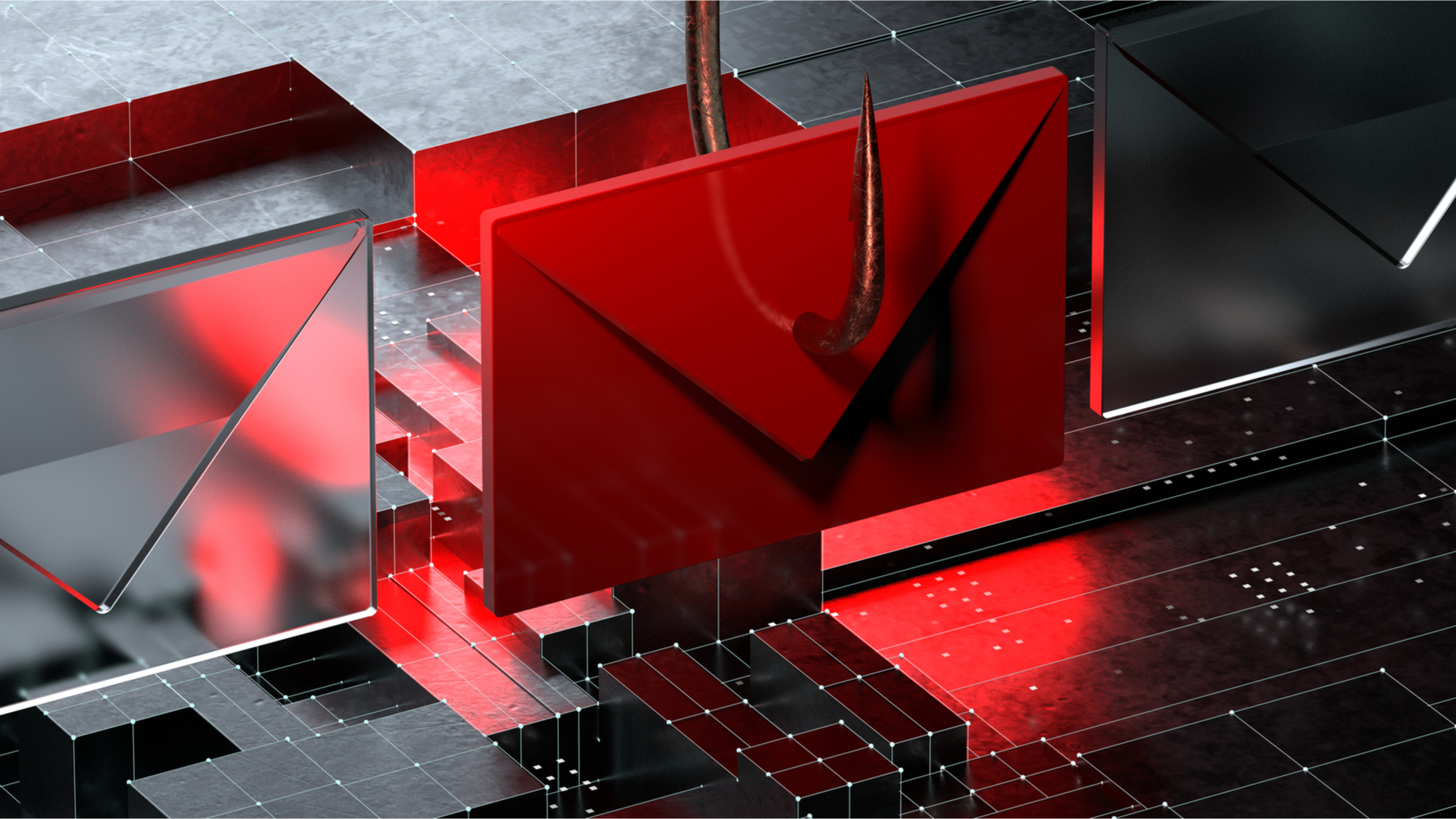 CISA: Phishing campaign targeting US federal agencies went undetected for months
CISA: Phishing campaign targeting US federal agencies went undetected for monthsNews Threat actors used legitimate remote access software to maliciously target federal employees
By Rory Bathgate
-
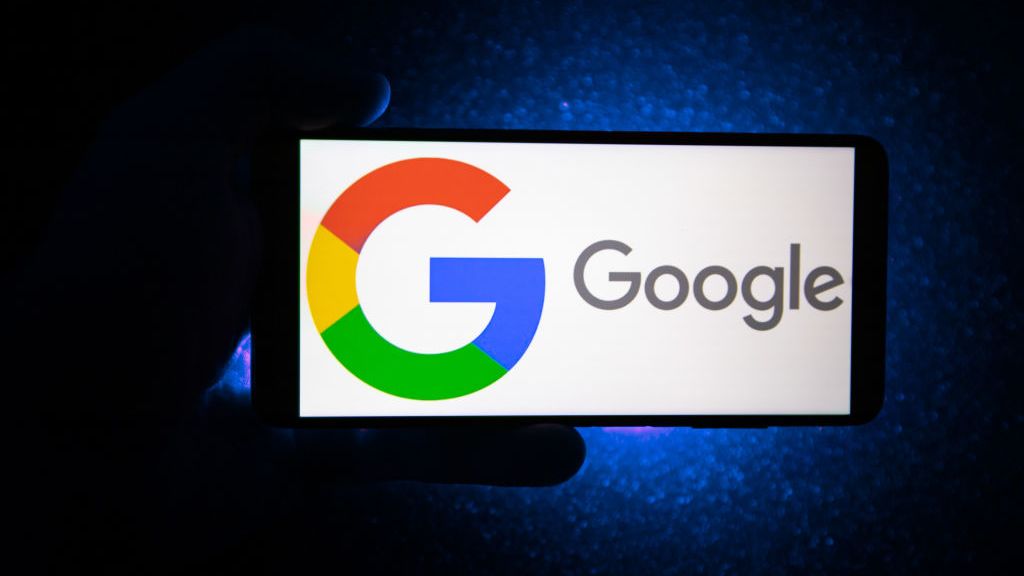 Google Ads malvertising campaign prompts questions around Search security
Google Ads malvertising campaign prompts questions around Search securityNews A leading security researcher has called into question why Google still allows malware links to top search results
By Rory Bathgate
-
 Uber hacked via basic smishing attack
Uber hacked via basic smishing attackNews The self-taught hacker impersonated an IT worker to gain an Uber employee's password, obtaining broad access to internal systems and posting taunting messages
By Rory Bathgate